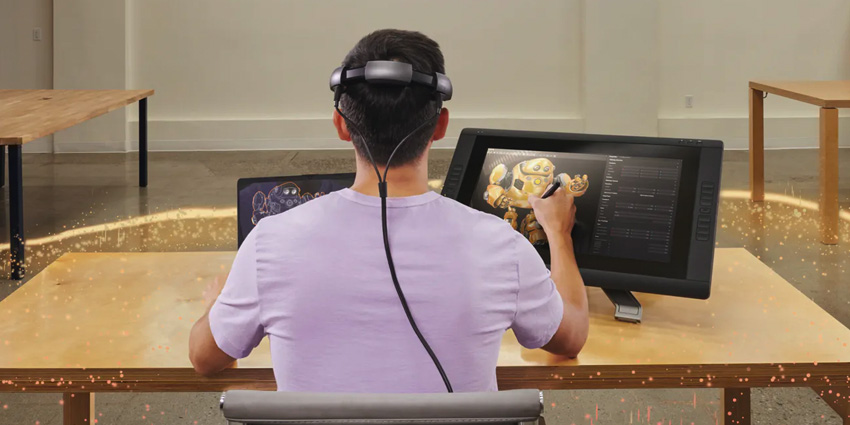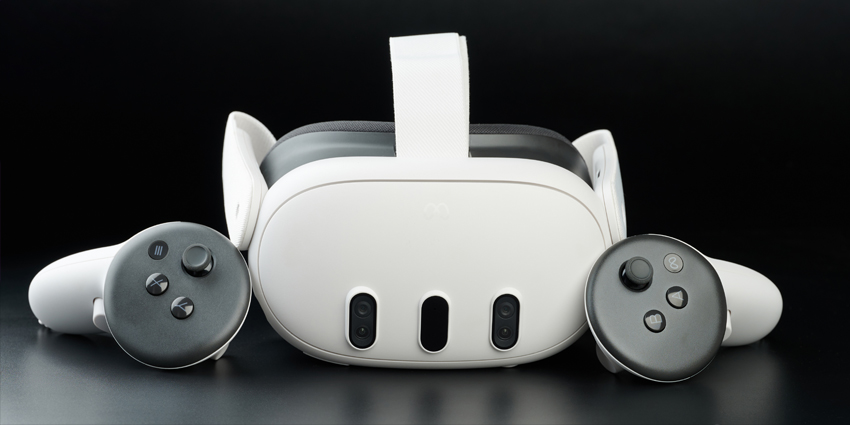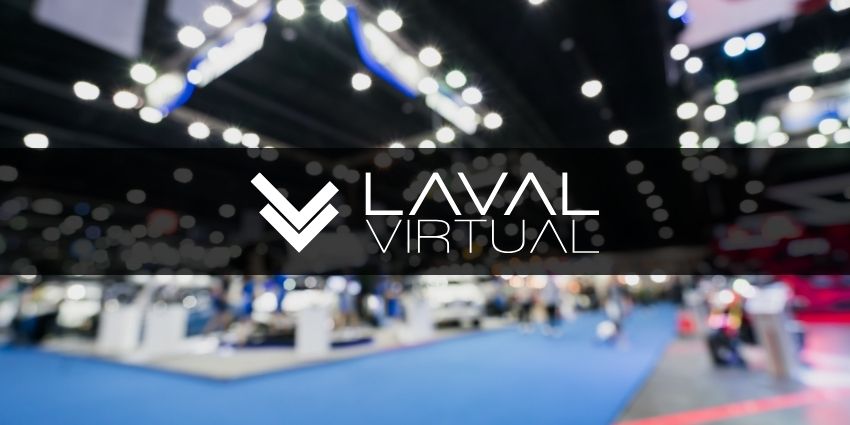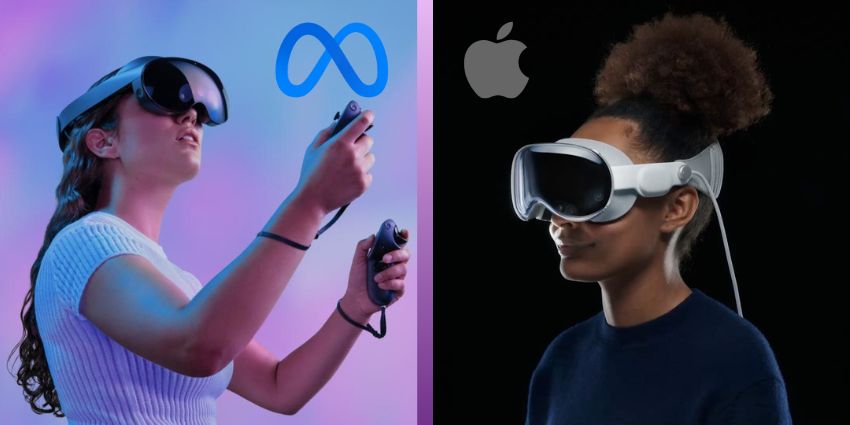THE new CEO at Magic Leap confirms the company will focus on delivering MR solutions exclusively to the enterprise in the future…
Magic Leap, a leading mixed reality headset developer, shocked the world of XR over the summer when its stock valuation dropped from USD 6.7 billion to USD 450 million in just six months.
Poor sales of Magic Leap 1 in the consumer space, along with the sudden departure of former CEO, Rony Abovitz, and the termination of more than 1,000 jobs made us all wonder if the company would ever be able to recover. Magic Leap investors then lowered their value of shares by a staggering 93%, forcing the company to rely on lifelines from Google and other silent investors to stay afloat.
A New Hope
As with many other businesses, 2020 proved to be disastrous for the once-promising start-up.
After its flagship product failed to find traction in the consumer market, Magic Leap decided to switch its focus to the enterprise instead. The company also assigned former Microsoft Executive Vice President of Business Development, Peggy Johnson, as its new CEO to lead the charge pushing forward.
While the decision to leave Microsoft was difficult, Johnson claims she always had strong ambitions of being a CEO and knew Magic Leap would be a great opportunity to thrive. With her years of experience working with augmented reality technology at Qualcomm, she knew she had what it took to help turn the company around.
Shifting into The Enterprise
For all of its stunning visuals, its lightweight, ergonomic design, and its ability to create some of the most powerful immersive experiences in the market, Magic Leap 1 still never took off in the consumer space. The reason? It’s simply too expensive.
While affordable headsets like Oculus Quest 2 and PlayStation VR are leading the charge in the video gaming market, few consumers are willing to part with $2,000+ for a device that doesn’t offer any real value outside of home entertainment.
In the enterprise, however, the adoption of high-end mixed reality headsets like Magic Leap 1 and Microsoft HoloLens 2 is spreading by the day, particularly in the areas of training, remote assistance, 3D visualization, design, collaboration, and more. Speaking to CNBC, Magic Leap CEO, Peggy Johnson, confirmed the early enterprise segments of mixed reality headsets are “largely going to be in areas like the public sector, healthcare, telco, those are the ones that will take advantage of this tech boost.”
Much like Google is doing with Glass for Enterprise 2 then, Magic Leap has recognized that the true value of extended reality is in the enterprise and are switching their focus to capitalize on that space.
What does the future hold for Magic Leap?
While Magic Leap may return to the consumer space in the future, Johnson insists that the focus of the company right now is 100% on the enterprise.
Over the last 12 months, Magic Leap has formed interesting enterprise partnerships with companies like VR training platform developers, Talespin, and medical 3D Visualization tool developers, BrainLab. Pushing forward, we expect to see Magic Leap forming more partnerships with XR software developers to compete with Microsoft and establish itself as a market-leading for in mixed reality for the enterprise.







